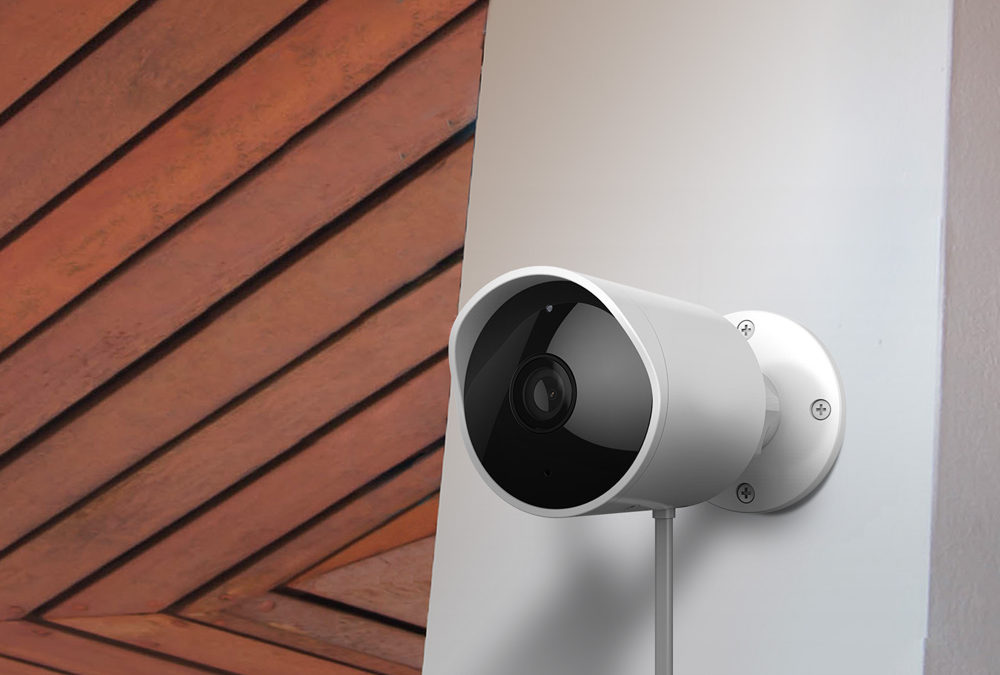Security cameras can be a great tool for keeping an eye on your home while you’re away. But, security cameras may also be a gateway for hackers.
News stories about home security cameras being hacked are becoming more and more common. Typically, hackers don’t require a breach of a security camera company’s systems, which means that every brand of camera is a risk. Hackers are often using a technique called “credential stuffing” where they are obtaining usernames and passwords from other data breaches. Other hackers will share these usernames and passwords online, and since most people use the same passwords for multiple devices, hacking a security camera can be quite simple.
How to Protect Your Cameras from a Hacker
Data breaches and credential stuffing attacks will continue to grow, but you can take a few simple steps to reduce the chances of your security cameras being hacked.
- Regularly update your camera’s firmware. When purchasing a security camera, make sure you are going with a brand that regularly provides firmware updates and takes security seriously. Install updates as soon as they become available because these updates fix software bugs and patch security vulnerabilities. Some cameras will automatically install updates, but some will require you to do the updates on your own within your camera’s app.
- Change the default password. Many security cameras come to you with a factory default password, and this may be the same password the camera company uses for all of their devices. Keeping the default password means you are at greater risk of a breach because it’s easier for a hacker to obtain a factory default password. Don’t use the same password you have used for other devices, and make sure that the password you choose is complex.
- Set up two-factor authentication. If your camera offers this feature, don’t look over it. This extra layer of security is easy to implement. If a hacker figures out your password, they still won’t be able to gain access to your account unless they can also get access to a one-time authentication code.When available, you should also enable encryption within the security camera’s admin tools and secure your wireless network with WPA2.Taking these simple steps will dramatically improve your ability to prevent home security camera hacking.


Recent Comments